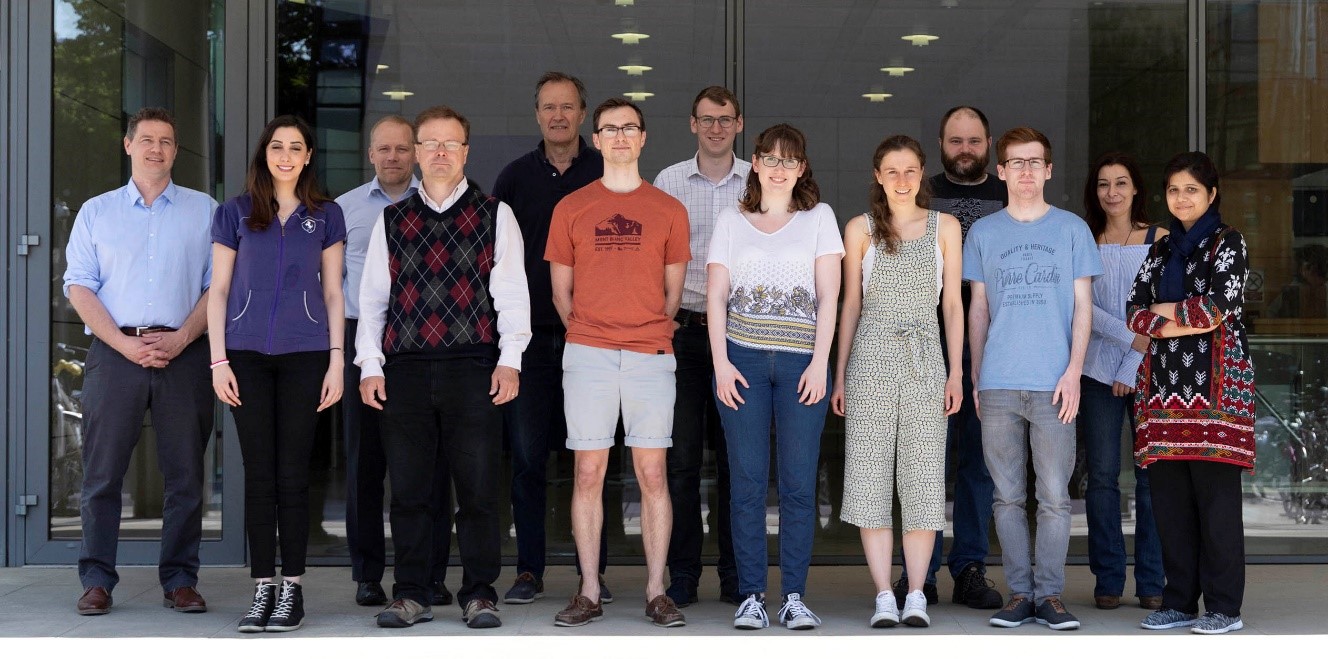Research in the McCullagh Group focuses on understanding the function of small molecules in complex biochemical systems with applications at the interface between chemistry, biology and medicine. We use metabolomics and proteomics techniques to investigate altered metabolism in disease, the effect of gene mutations on cell function, altered metabolic states, environmental biomarkers, biotransformation and pharmacometabolomics. In general, we are interested in the chemical links between an organism’s environment and physiological function at the molecular level.

Our research often involves multiple analytical techniques and methods including mass spectrometry coupled with separation systems (LC-MS/MS, LC-IMS-MS/MS, GC-MS/MS), chemical methods with fluorescence detection, live cell analysis and NMR. We have particular interest in: Ion-chromatography coupled to mass spectrometry for discovery metabolomics (Walsby-Tickle et al., 2020); developing more sensitive methods to detect biomarkers of disease. Previous successes in method development applied in environmental studies include natural abundance isotope analysis for palaeodietary reconstruction in archaeology (McCullagh et al., 2006) and compound-specific radiocarbon dating (McCullagh et al., 2016). We are currently exploring the application of ion-mobility mass spectrometry in metabolomics to improve metabolite coverage and identification.
The figure below captures some of the analytical approaches we use routinely for comprehensive molecular phenotyping and capturing small molecule interactions at a systems level. If you are interested in collaborating or joining the group to do a Part II or D.Phil. project we would be happy to hear from you. Please contact james.mccullagh@chem.ox.ac.uk